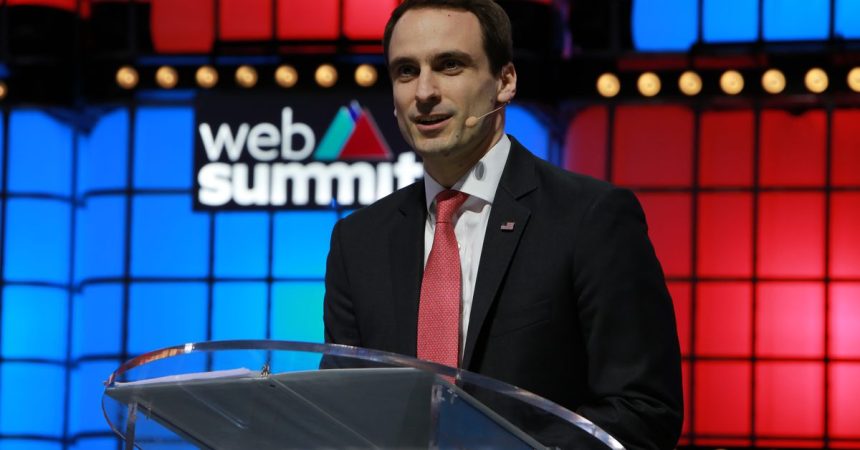Donald Trump’s recent announcement regarding his prospective tech policy team has ignited discussions about the direction of technological advancement under his potential second term. This team, assembled under the leadership of David Sacks, Trump’s designated “AI and crypto czar,” comprises individuals with diverse backgrounds, ranging from established figures in the tech industry to individuals with political experience. The appointments signal a focus on artificial intelligence, cryptocurrency, and broader scientific and technological development, areas considered crucial for economic growth, national security, and global competitiveness in the coming years. The strategic placements of these individuals suggest Trump’s intention to prioritize these specific technological domains.
Leading the Office of Science and Technology Policy (OSTP), pending Senate confirmation, will be Michael Kratsios, a familiar face from Trump’s first administration. Kratsios previously served as the White House chief technology officer, providing him with valuable experience within the executive branch. His subsequent role as acting undersecretary at the Department of Defense further solidifies his understanding of the intersection between technology and national security. Kratsios’s recent involvement in the private sector as a managing director at Scale AI, a prominent artificial intelligence company, brings private sector expertise to the table, potentially bridging the gap between industry innovation and government policy. His leadership at OSTP will be instrumental in shaping the overall scientific and technological agenda of a potential Trump administration.
Further strengthening the team’s scientific credentials is Dr. Lynne Parker, Trump’s former deputy CTO, who has been tapped to lead the Presidential Council of Advisors on Science and Technology (PCAST). Dr. Parker’s prior experience working alongside Kratsios suggests a potential for seamless collaboration and a unified approach to science and technology policy. PCAST plays a crucial advisory role, providing the President with expert insights on complex scientific and technological matters. Dr. Parker’s leadership will be essential in ensuring that the administration receives sound, evidence-based counsel on critical issues.
The selection of Bo Hines to direct the Presidential Council of Advisers for Digital Assets, informally known as the “Crypto Council,” marks an intriguing choice. While Hines’s background as a former college football player and unsuccessful Republican congressional candidate may not immediately align with the technical complexities of digital assets, his political experience could be valuable in navigating the regulatory landscape surrounding cryptocurrencies. This appointment highlights the increasing political significance of cryptocurrencies and their potential impact on the financial system. Hines’s role will likely involve advising on the development of a regulatory framework for digital assets, balancing innovation with consumer protection and national security considerations.
Adding further depth to the AI policy focus within OSTP is Sriram Krishnan, whose extensive Silicon Valley experience spans prominent companies such as Andreessen Horowitz, X (formerly Twitter), Meta, and Snap. Krishnan’s deep immersion in the tech industry provides him with a nuanced understanding of the opportunities and challenges presented by artificial intelligence. His insights will be crucial in developing policies that foster responsible AI development and deployment, addressing concerns related to ethics, bias, and job displacement. This appointment underscores the growing importance of AI in shaping the future economy and society.
This assemblage of individuals with varying backgrounds and expertise signals a multi-pronged approach to technology policy. The emphasis on AI and cryptocurrencies reflects their growing importance in the global technological landscape. While the combination of experienced government officials and private sector leaders offers the potential for a dynamic and informed approach, the effectiveness of this team will ultimately depend on its ability to navigate the complex and often conflicting interests of various stakeholders, including industry, academia, and the public. The team’s success will also be measured by its ability to translate policy into tangible outcomes that benefit the American economy and society.



